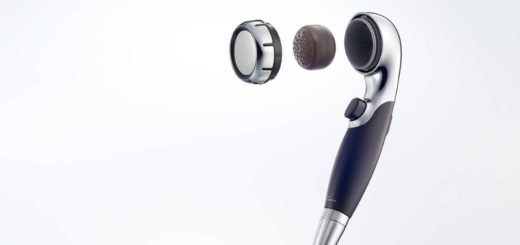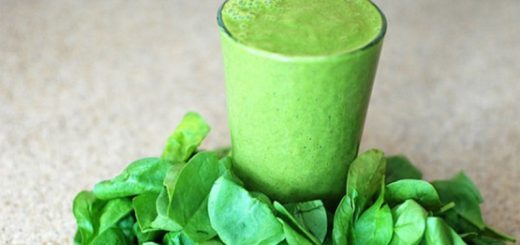Isoflavone, the Ally of Everyday Beauty!
Hi everybody! Spring is upon Japan. ?? It’s getting comfortable now that the days are growing warmer, but! Temperature changes can bring about body discomforts easily. This is why we are going to look at soy isoflavone, which is highly beneficial for female health.
Isofalvone is a type of polyphenol that is found in abundance in legumes (a family of plants, which includes alfalfa, peanuts, peas, beans, etc). It is popular for the female beauty and health, because of how similar in its benefits to estrogens (female hormones).
Benefits of Isoflavone
- Eases the symptoms of menopause by calming hormonal imbalance of 40~50 years old.
- Eases premenstrual syndrome, thus improving mental and physical stress
- Improves menstrual irregularities
- Anti-oxidant effect
- Effective against mellitus type II diabetes
- Prevents osteoporosis, because they can prevent calcium from dissolving
- Improves and prevents lifestyle related diseases
- Prevents cancer, including breast cancer and prostate cancer
- Beauty benefits, since isoflavone is also known as the “beauty hormone” which produces collagen
- Encourages hair growth, also prevents hair loss and thinning hair.
- Improvement in blood flow

With all these benefits, we gotta love isoflavones!
Types of Isoflavone
1) Glycoside type
Complex sugar is large in molecular weight, which requires breaking down before absorption.
2) Aglycon type
Molecular weight is small, thus can be absorbed smoothly.
What kind of foods contains Isoflavone?
The Food Safety Commission of Japan advises a daily intake of 75mg of isoflavone, and limits an intake of 30mg from supplements.
The stated amounts are averages of amount of aglycon type isoflavone per 100g:
1) Natto, or Japanese fermented soybeans, 73.5mg
Not only is it rich in nutrients, it also promotes smooth blood circulation.
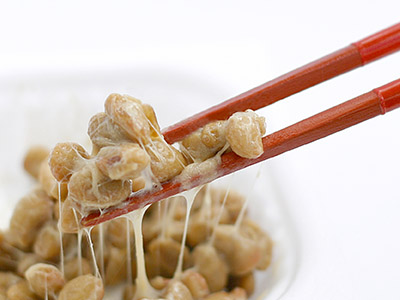
2) Soymilk, 24.8mg
Soymilk is rich in nutrients that give benefits like cancer prevention, maintain mental health, prevent buildup of fat and beauty.
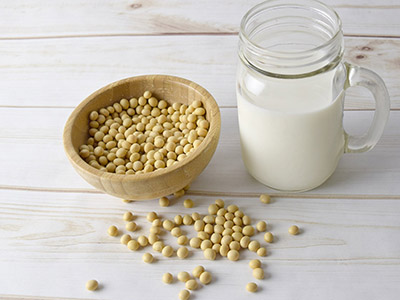
3) Bean curd, 20.3mg
Bean curds are high in good protein, lipid, vitamin and mineral content.
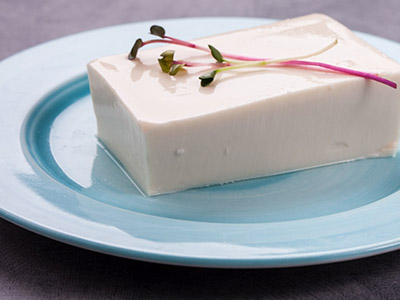
We are not taking enough Isoflavone?
Japanese cuisine contains a lot of soy food, but as you can see from the previous section, it is still not enough. To take 100g of natto is a little too heavy… it is easy to think that it harder for the folks outside of Japan.
And so!
We shall look at Japanese supplements that makes the intake of isoflavone convenient. Of course, our females readers should not miss the upcoming article, but our male readers will want to read it too! Especially since you’d also receive the benefits such as cancer prevention and bone health too. Sign up for our newsletter to be notified when the article is released in the next few days!



